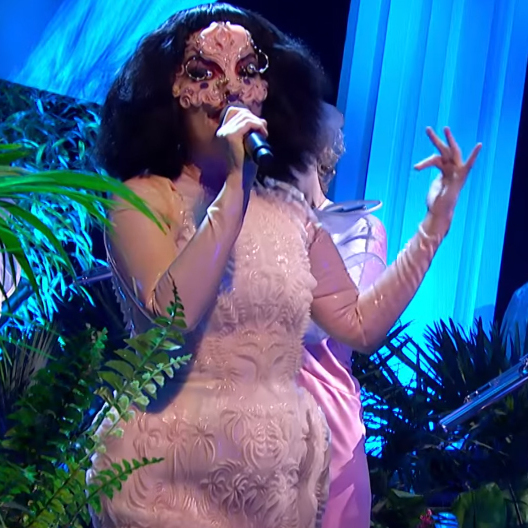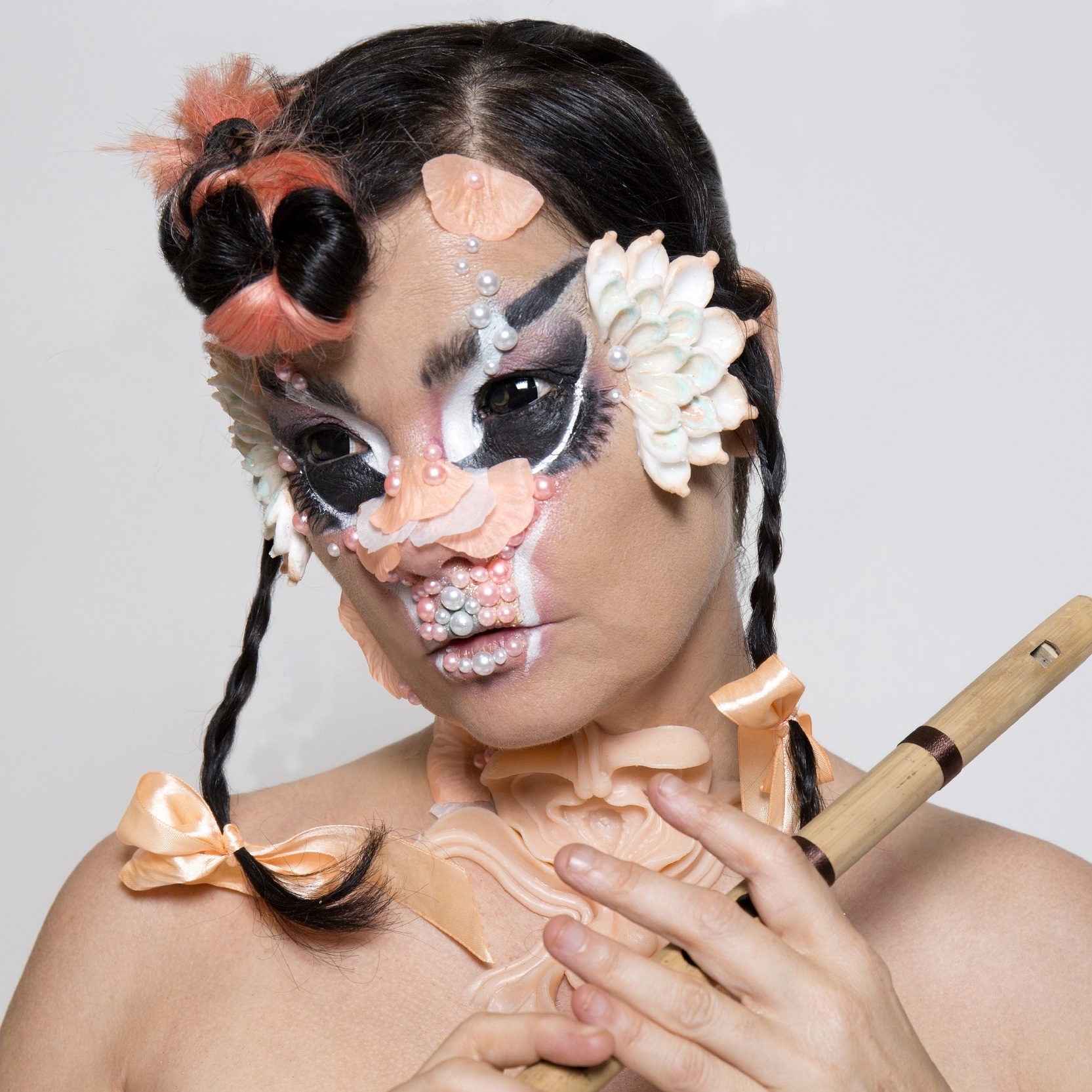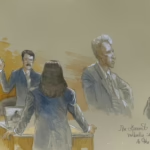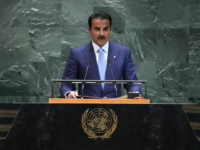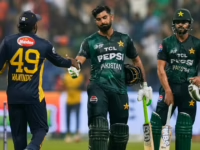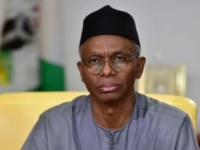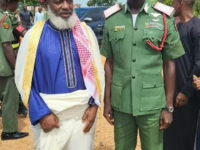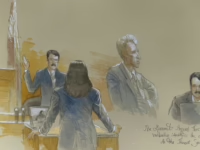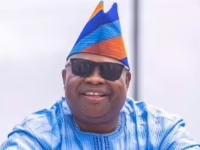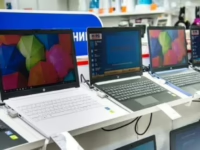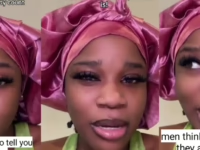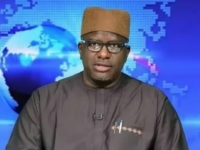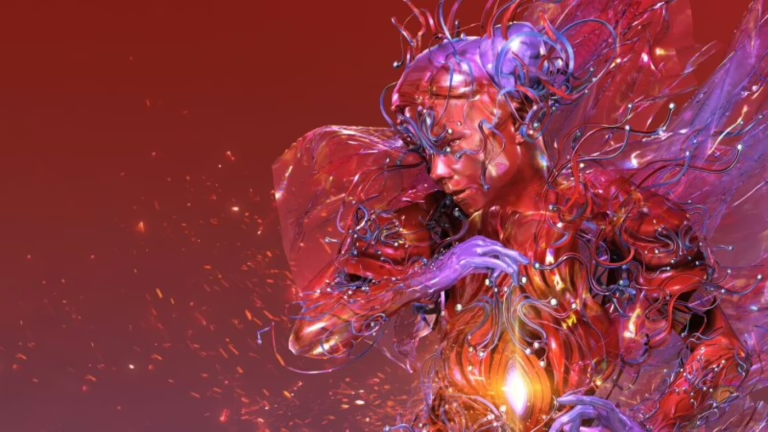Promotional image for Björk’s Vulnicura VR Remastered, the latest evolution of a virtual reality project the Icelandic singer began developing almost a decade ago.
PulseJet Studios
hide caption
toggle caption
PulseJet Studios
In 2015, Björk released Vulnicura, an album that chronicles her deeply personal experience of heartbreak following the end of her long-term relationship with American artist Matthew Barney.
Reflecting on the album, Björk shared in an exclusive NPR interview, “I came to realize I had crafted an entire album centered on heartbreak, which is a challenging theme to explore.”
She found virtual reality to be a fitting platform to extend the emotional narrative beyond music. “Many people criticized VR for its isolating nature,” Björk explained. “But for me, that solitude perfectly mirrored the lonely path of healing.”
The remastered edition of Vulnicura VR, now accessible on the Apple Vision Pro headset and soon on Meta Quest (release date forthcoming), invites listeners to immerse themselves in Björk’s emotional voyage.
Upon entering the experience, users traverse a stark Icelandic terrain marked by towering mountains, overcast skies, and intricately rendered moss. At moments, Björk’s figure disintegrates into a cascade of particles, while at others, participants can interact by pulling threads to mend her fractured heart.

During the song “Family,” participants in the VR experience can move their hands in time with the music to stitch Björk’s shattered heart back together.
PulseJet Studios
hide caption
toggle caption
PulseJet Studios
Developed by PulseJet Studios, a VR music company based in San Francisco, this updated edition revitalizes a project Björk first embarked on nearly ten years ago, when VR technology was still in its infancy.
At the time of the original Vulnicura VR release, virtual reality was emerging as a cutting-edge medium. Companies like HTC and Oculus introduced pioneering headsets, and digital platforms began promoting immersive video content. Filmmakers were experimenting with VR’s unique ability to create intimate, immersive narratives, exemplified by Matthew Cooke’s VR short Confinement, which explores solitary confinement in American prisons.
YouTube
Despite its innovative nature, the early project faced technological constraints. Andrew Thomas Huang, a Los Angeles filmmaker involved since the beginning, noted, “Björk embraced the medium’s intimacy, but the process was very hands-on and experimental.”
The initial iterations were part of Björk Digital, a traveling exhibition from 2016 to 2020 showcased at institutions like New York’s Museum of Modern Art and Tokyo’s Miraikan. These immersive video installations required visitors to use tethered VR setups with cumbersome controllers. “The experience was quite awkward at times, and technical glitches were common,” Huang recalled.

A snapshot from Björk’s career retrospective at the Museum of Modern Art in New York, 2015.
Timothy A. Cleary/AFP/Getty Images
hide caption
toggle caption
Timothy A. Cleary/AFP/Getty Images
In 2019, Björk expanded accessibility by releasing Vulnicura VR on Steam-compatible headsets, broadening its reach but still requiring computers and handheld controllers. John Gearty, founder of PulseJet Studios, remarked, “The 2019 edition was functional but still limited. The new all-in-one headsets offer smoother navigation and enhanced visuals.”
The latest remastered version allows users to freely explore Björk’s immersive world using natural hand gestures, eliminating the need for external controllers. Transitions between tracks are seamless, visuals are more vivid, and spatial audio has been significantly refined. “We meticulously crafted every detail-from moss to rocks to flowers,” Gearty shared about the development process.

John Gearty, founder of PulseJet Studios, wearing an Apple Vision Pro headset while preparing a demonstration of Björk’s Vulnicura VR Remastered at the company’s San Francisco office.
Chloe Veltman/NPR
hide caption
toggle caption
Chloe Veltman/NPR
Gearty envisions that Björk’s pioneering work will inspire more musicians to harness VR’s artistic capabilities beyond the typical immersive concert formats recently popularized by artists like Sabrina Carpenter and bands such as Metallica.
“This medium transcends traditional television,” Gearty emphasized. “Our goal is to craft an all-encompassing artistic environment that users rarely encounter.”

The remastered Vulnicura VR arrives amid a pivotal moment for the VR sector. Market research firm International Data Corporation (IDC) projects an annual growth rate close to 40% through 2029. However, over half of VR game developers surveyed recently believe the industry is currently plateauing.
Charlie Fink, a producer, podcaster, author, and immersive technology lecturer at Chapman University, commented, “VR holds vast creative promise, especially for live performances. Yet, it hasn’t yet reached the commercial heights anticipated a decade ago.”
Björk herself is eager to observe how artists will continue to innovate within VR. She expressed enthusiasm that the remastered edition can now engage a broader audience. “I’ve always appreciated the democratic nature of music,” she said.
